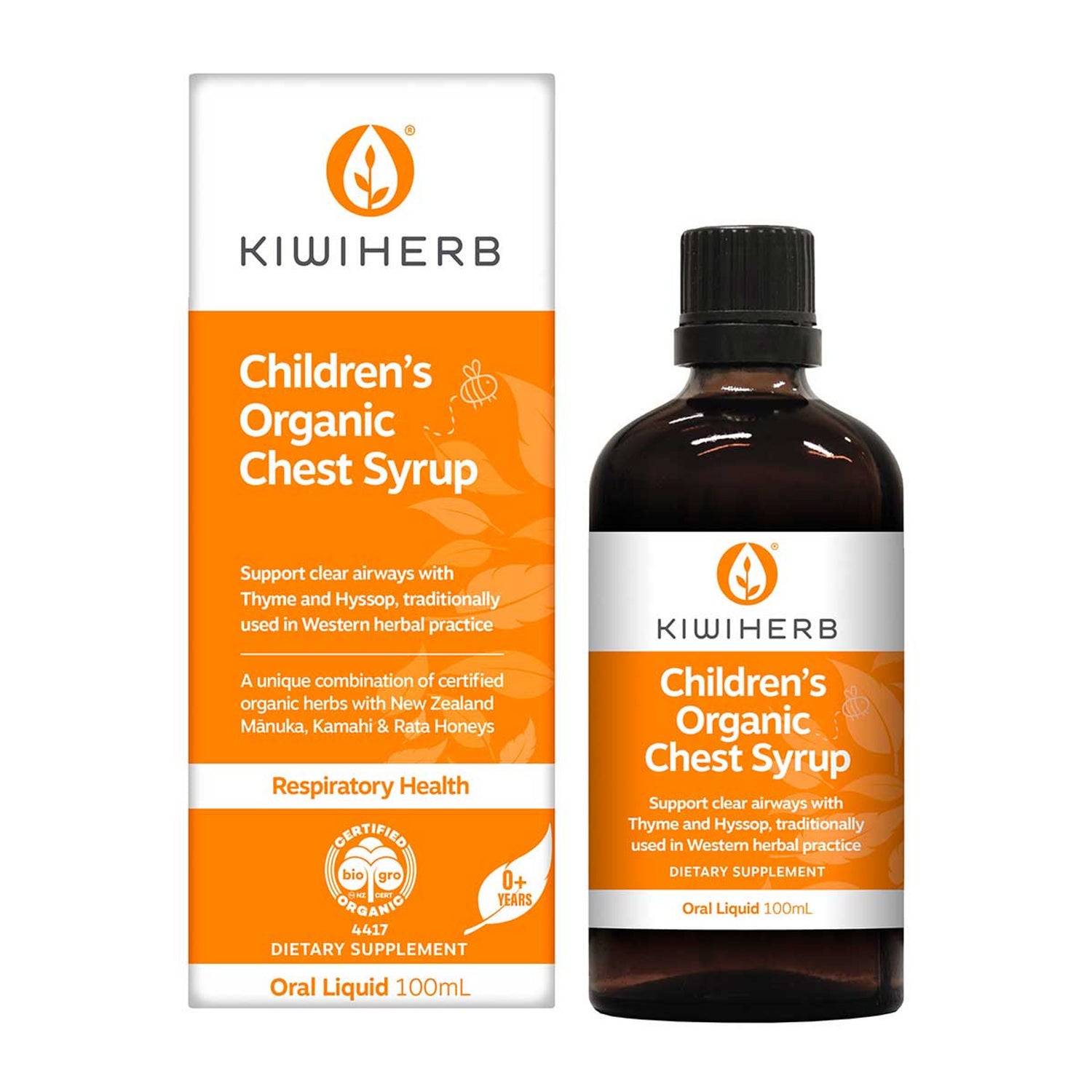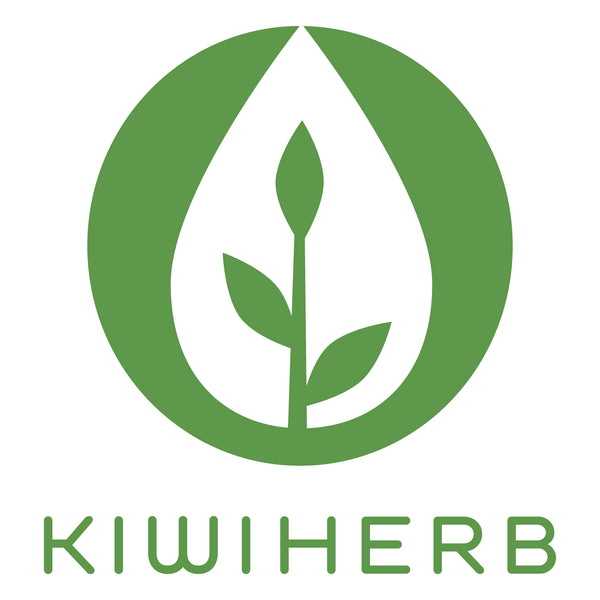
The availability of organically grown plants and therefore the availability of food and natural supplements and medicines, has increased rapidly in recent years. It just makes sense.
To grow organically, is to avoid synthetic fertilisers, pesticides, or genetically modified organisms. Beyond this, there is also a wider commitment to the health of the environment, creatures and people, to ensure practices are sustainable. This further protects the land, its use and surroundings for future generations. Who would not want this?
From the perspective of Te Ao Māori, the health of the land represents the health of the people.
Why is organic important for medicinal herbs?
Active compounds within plants, known as phytochemicals, have been studied to show an influence over specific body systems and are an important factor for the efficacy of herbal medicines. Common phytochemicals include phenols, carotenoids, and flavonoids. Organic growing ensures a healthier soil and a healthy soil enables the better production of phytochemicals in plants.
Some of the controversy in the organic vs non-organic discussion centers on these phytochemicals not being considered as nutrients, though organic growing often leads to higher nutrient levels too. But in plant medicine, the phytochemicals are very important to the herbal actions.
In studies, the levels of phenols, carotenoids, and flavonoids were noted as being much higher in organic foods than those conventionally grown. These compounds contribute to many herbal actions.
For this reason, where possible, organic or locally sourced herbs continue to be a priority to our herbal products.
How does soil quality impact food and plant quality?
The density of nutrients within the soil is critical for nutrient-rich food and plant material. Plants rely on quality soil to produce phytochemicals, a key factor in what makes foods healthy to consume. Depleted soils will produce lower quality foods.
There is a notable difference between the soil quality in organic vs non-organic farming. The use of manure and compost in organic crops contributes to this. This form of fertilisation encourages healthy microflora within the soil, which also reduces plant disease and encourages a natural level of nutrients.
Essential everyday nutrients are higher
Studies have shown that organic foods have higher levels of zinc, iron, and vitamin C. Other minerals, including calcium, potassium, magnesium, and phosphorus were also higher in organically farmed foods.
Many factors can influence micronutrient levels, including the soil type, weather, crop types, and the climate in which they are grown. Comparative research has still determined that organic foods were nutritionally superior to non-organic foods. The presence of toxins is also important.
Toxins, and the impact on our body
Not only do organic options often provide higher nutritional value, they also provide lower exposure to the consumption of potentially harmful substances.
The less toxins the body must process, the more effectively it can operate. Any foreign substance the body encounters, has to be neutralised and eliminated. This often happens via the liver. Even though the liver is very effective in neutralising toxins, some pesticides are known to remain in the body for many years, which can cause cellular changes. Associations with increased inflammation, gut disorders and implications on fertility have been identified.
There is limited conclusive research on the implications of directly consuming foods treated with pesticides. While they ‘may’ be considered safe in low doses, an accumulation can potentially become harmful. The question is why take the risk?
This is an important consideration, especially for the more vulnerable consumers including children, who may be more susceptible to the side effects of pesticides.
Another important consideration is the presence of heavy metals. Nitrate and cadmium are generally higher in non-organically produced foods. Antibiotic-resistant bacteria levels were also higher.
The non-organic option or wild crafted ingredients
What if the product is not organic?
Where certified organic is not available, spray-free, and locally grown options are a good alternative. Small producers have increased ability to rotate crops and require less intensive farming approaches, each of which has an advantage.
Native herbs in New Zealand are protected and cannot be sprayed with herbicides. It is difficult to obtain a status of being organic for wild crafted native herbs. However, their protected status makes them a low-risk option of being contaminated.
Furthermore, locally grown material does not undergo irradiation treatment required for imported goods.
Organic products at Kiwiherb
At Kiwiherb, we have a range of organic products for children and adults that are BioGro Certified. We have other products that include organic herbs and wildcrafted herbs, but do not meet the rigorous criteria of BioGro to be certified organic.
BioGro is NZ’s most trusted organic logo and gives consumers assurance that they are buying genuine organic products. The presence of the BioGro logo indicates that BioGro has audited and undertaken due diligence on Kiwiherb and that the product is made without animal testing, genetic modification or the routine use of synthetic pesticides.
Some of our popular organic products are:
Children’s Organic Chest Syrup for wet and dry chest agitation
Children’s Organic Echinature to encourage a healthy immune response and support recovery
Organic Baby Balm for nappy rash, cradle cap or dry, cracked skin
Organic ImmuneGuard for daily immune and respiratory support
Organic Liver Cleanse to help your liver regenerate and detox
Organic Comfrey Bruise Balm to soothe bruises, sprains and sports injuries


